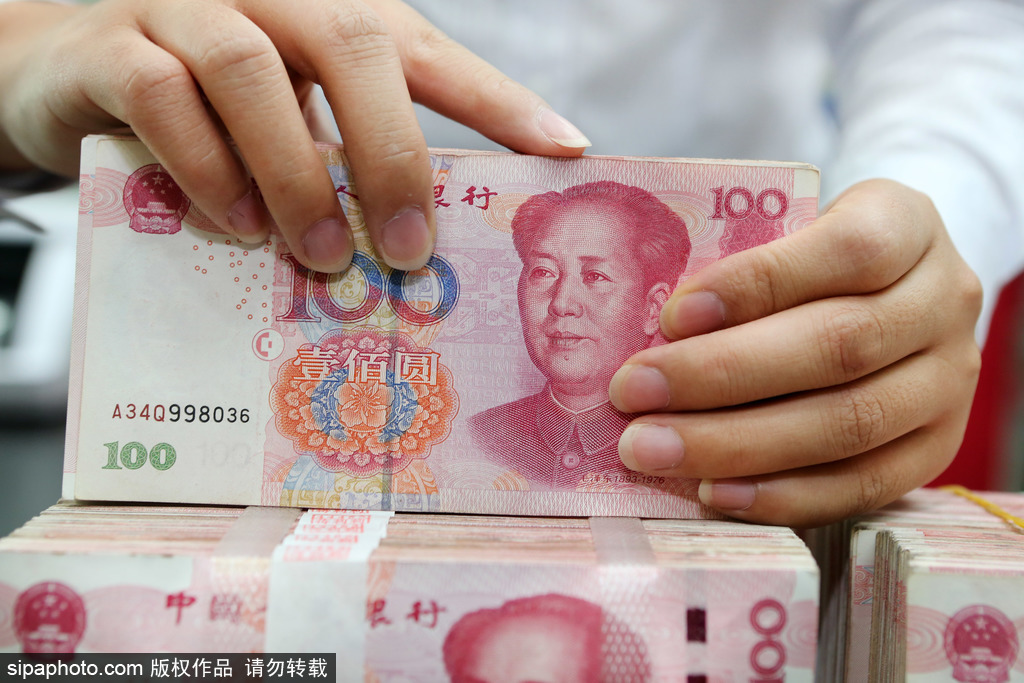Financial moves to aid smaller businesses


Key meeting decides to make changes meant to release liquidity, boost access
In order to encourage financial institutions to better serve micro and small businesses, China will work to lower the provision coverage ratio of small and medium-sized banks, the State Council's executive meeting chaired by Premier Li Keqiang decided on Tuesday.
The ratio is a percentage of money that needs to be set aside by the banks to cover possible losses from bad loans. Reduction of the ratio is expected to free up more funding for smaller businesses.
"We must scale up financial support for the real economy, the micro, small and medium-sized businesses in particular, to help them overcome the difficulties," Li said.
It was decided at the Tuesday meeting that the regulatory requirement for the provision coverage ratio for small and medium-sized banks will be revised down by 20 percentage points to free up more credit resources and boost the capacity to serve micro and small companies.
In another move to promote more lending to micro and small firms, the meeting decided to raise requirements for more inclusive finance-financial services to firms that otherwise might find it difficult to access such services. It would do that by raising the weight of inclusive finance to no less than 10 percent in the integrated performance evaluation of the branches and subsidiaries of financial institutions in the banking sector.
"Financial departments should adjust and adapt support policies in light of the changing COVID-19 situation and economic conditions. Policies introduced must be targeted and robust," Li said.
Since the start of this year, People's Bank of China, China's central bank, has cut the amount of cash that banks must set aside as reserves three times this year, releasing 1.75 trillion yuan ($247.4 billion) in liquidity.
The meeting also decided on a three-month rent exemption in the first half of this year for firms in the services sector renting State-owned properties to ease the burden on micro, small and self-employed businesses.
The meeting urged State-owned enterprises, especially those directly under the central management, and public institutions such as colleges, universities and research institutes, to take the lead in offering such rent relief.
Lessors who offer such rent cuts will enjoy relief on their real-estate tax and urban land use tax this year, and state-owned banks will be encouraged to extend pledge loan at concessional rates to such lessors according to their needs. Non-State property owners also are eligible for the policy incentives.




































